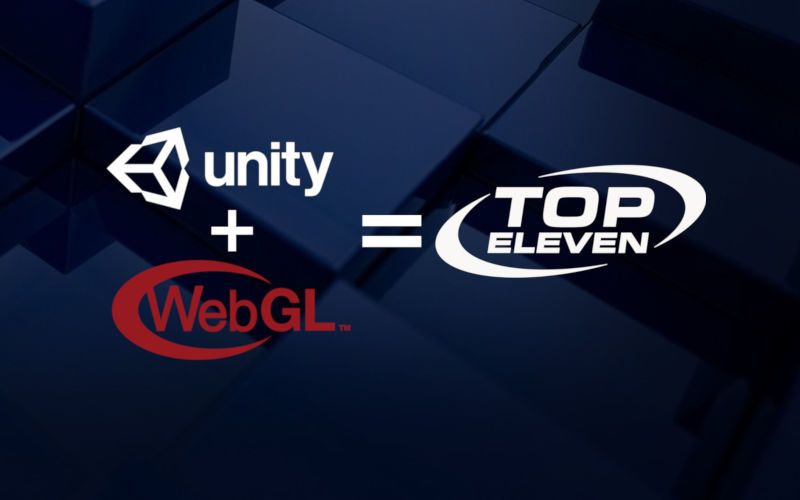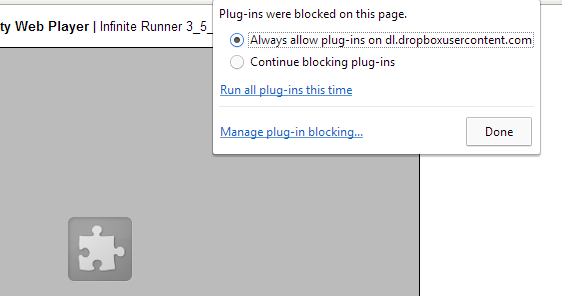

You don’t even have to define functions in the embedding web page, instead you can use the Application.ExternalEval() function to execute arbitrary browser code from the web player content. The web page would need to define the SayHello() function, for example: Įxecuting arbitrary browser code from Unity web player content Here is an example Unity script that uses the Application.ExternalCall() function to call a function named SayHello() found within the web page, passing a piece of string data as an argument: Application.ExternalCall( "SayHello", "The game says hello!" ) Using that function you can call any JavaScript function defined in the web page, passing any number of parameters to it. In order to call a web page function from within your Unity web player content you must use the Application.ExternalCall() function. Calling web page functions from Unity web player content Or wait for your game to be fully loaded before trying to communicate with it. Note: u.getUnity() might return null if the game isn’t fully loaded yet, so it’s a good idea to check if it’s value is not null before using SendMessage(). For example, /MyObject/SomeChild where SomeChild must be a child of MyObject and MyObject must be at the root level due to the ‘/’ in front of its name. Additionally, the game object specified by the name can be given in the form of a path name. If you don’t need it then just pass a zero or other default value and ignore it on the Unity side. Note: keep in mind that if the function doesn’t have any arguments, then an empty string ("") should be passed as an argument.Ī single string, integer or float argument must be passed when using SendMessage(), the parameter is required on the calling side. Inside of the Unity web player content you need to have a script attached to the GameObject named MyObject, and that script needs to implement a function named MyFunction: function MyFunction(param : String) Here is an example JavaScript function that would execute the SendMessage() function on the Unity web player in turn SendMessage() will then call the function MyFunction() on the game object named MyObject, passing a piece of string data as an argument: You can use the GetUnity() function in the default html generated by Unity to obtain a reference to the object.

In order to call the Unity Web Player’s SendMessage() function you must first get a reference to the Unity web player object. When called from a web page you pass an object name, a function name and a single argument, and SendMessage() will call the given function in the given game object. This function is very similar to the GameObject.SendMessage function in the Unity scripting API. The Unity Web Player object has a function, SendMessage(), that can be called from a web page in order to call functions within Unity web player content. Calling Unity web player content functions from the web page The Unity web player content calls functions in the web page.Įach of these communication directions is described in more detail below.The web page calls functions inside the Unity web player content.Basically there are two communication directions: The HTML page that contains Unity Web Player content can communicate with that content and vice versa.


 0 kommentar(er)
0 kommentar(er)
